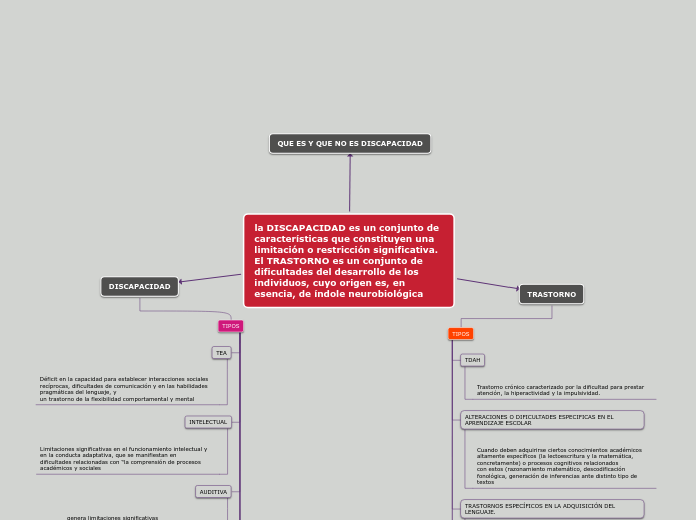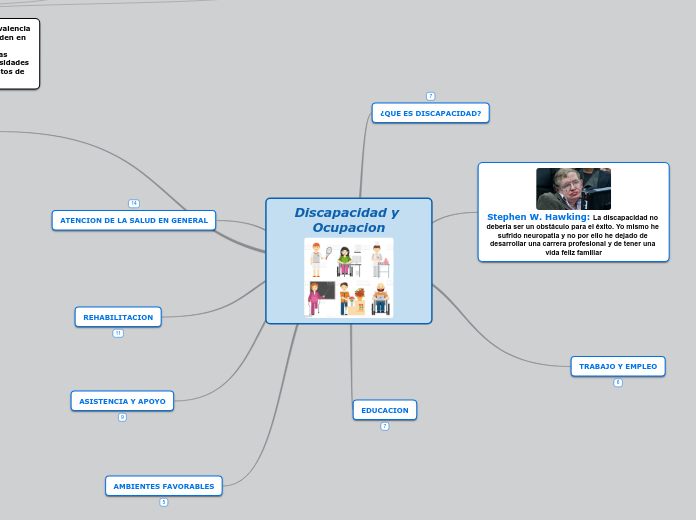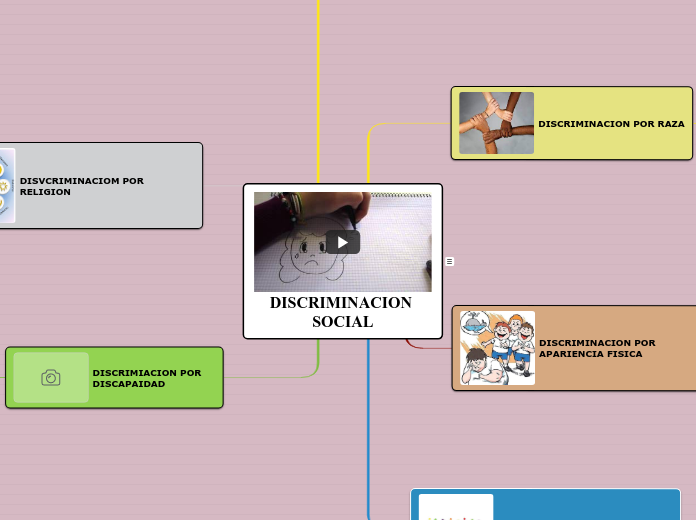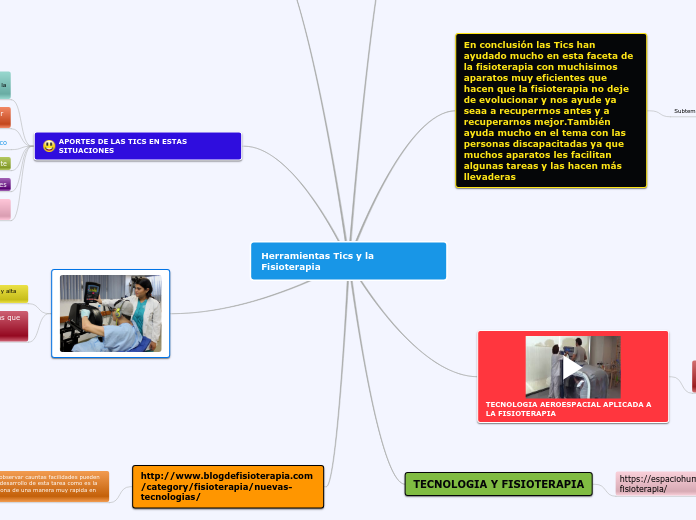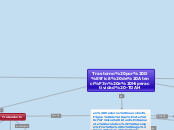la DISCAPACIDAD es un conjunto de características que constituyen una limitación o restricción significativa. El TRASTORNO es un conjunto de dificultades del desarrollo de los individuos, cuyo origen es, en esencia, de índole neurobiológica
Name the character
Type in the name of the character whose change throughout the story you are going to analyze.
Example: Nick Carraway.
TRASTORNO
Character's behavior
Think of the character's behavior at the beginning of the story and look for the way it changed throughout the story.
p
EMERGENCIA TARDÍA DEL LENGUAJE.
Indica que el niño va más lento de lo esperado en la adquisición del vocabulario de su lengua materna o en la configuración de frases y el discurso oral; no obstante, se equipará con los niños de su edad, escolaridad y cultura.
TRASTORNOS ESPECÍFICOS EN LA ADQUISICIÓN DEL LENGUAJE.
Afectan, habitualmente, un componente restringido del lenguaje (el fonético-fonológico, el semántico, el sintáctico y
el pragmático).
ALTERACIONES O DIFICULTADES ESPECIFICAS EN EL APRENDIZAJE ESCOLAR
Initial behavior
What is the character's behavior at the beginning of the story? Type in a relevant quote for your statement.
Example: Nick seems to be an honest person, calling himself 'one of the few honest people that I have ever known'.
Cuando deben adquirirse ciertos conocimientos académicos altamente específicos (la lectoescritura y la matemática, concretamente) o procesos cognitivos relacionados
con estos (razonamiento matemático, descodificación fonológica, generación de inferencias ante distinto tipo de textos
TDAH
Initial behavior
How does the character act at the beginning of the story? Type in a relevant quote for your statement.
Example: Nick shows his immature side as he leaves to New York in order to avoid 'being rumored into marriage' with his girlfriend.
Trastorno crónico caracterizado por la dificultad para prestar atención, la hiperactividad y la impulsividad.
DISCAPACIDAD
Character's feelings
Focus on the way the character's feelings are presented at the beginning and at the end of the story, while explaining why they have changed.
TIPOS
SISTEMICA
Enfermedades crónicas y graves como, por ejemplo, la insuficiencia renal crónica terminal, los distintos tipos de cáncer, enfermedades cardiovasculares, óseas, neuromusculares o de la piel, que no permiten que el estudiante comparta actividades físicas y de otra índole con sus pares
TRANSTORNOS PERMANENTES DE VOZ Y HABLA
alteraciones en el tono de la voz, la vocalización, la producción de sonidos y ritmo y la velocidad del habla,
las cuales generan distintos grados de dificultad en la
emisión de mensajes verbales
PSICOSOCIAL
personas que presentan diverso tipo de trastornos
mentales, de ansiedad, depresión y otros, que alteran de modo significativo el desarrollo de sus actividades
cotidianas y la ejecución de tareas o responsabilidades que implican la organización
SORDO CEGUERA
personas que presentan
una alteración auditiva y visual,
parcial o total.
VISUAL
pérdida
completa de la visión hasta distintos grados de pérdida de esta última, lo que se conoce como baja visión
AUDITIVA
genera limitaciones significativas
en la percepción de los sonidos y
en los intercambios comunicativos verbales con otros
INTELECTUAL
Change of feelings
How did the character change the belief you mentioned?
Type in a relevant quote for his change.
Example: 'Winter night and the real snow, our snow(...)We drew in deep breaths of it . . . unutterably aware of our identity with this country for one strange hour before we melted indistinguishably into it again. That's my middle-west.' - Nick on the purity and integrity of Midwest.
Limitaciones significativas en el funcionamiento intelectual y en la conducta adaptativa, que se manifiestan en
dificultades relacionadas con “la comprensión de procesos académicos y sociales
TEA
Change of feelings
In what way did the character change the feeling you mentioned?
Type in a quote to support your statement.
Example: 'They are a rotten crowd. You're worth the whole damn bunch put together.' - Nick criticizing the Buchanans.
Déficit en la capacidad para establecer interacciones sociales recíprocas, dificultades de comunicación y en las habilidades pragmáticas del lenguaje, y
un trastorno de la flexibilidad comportamental y mental
QUE ES Y QUE NO ES DISCAPACIDAD
Title
Type in the title and author of the literary work that introduces the character.
Example: The Great Gatsby, by F. Scott Fitzgerald.
